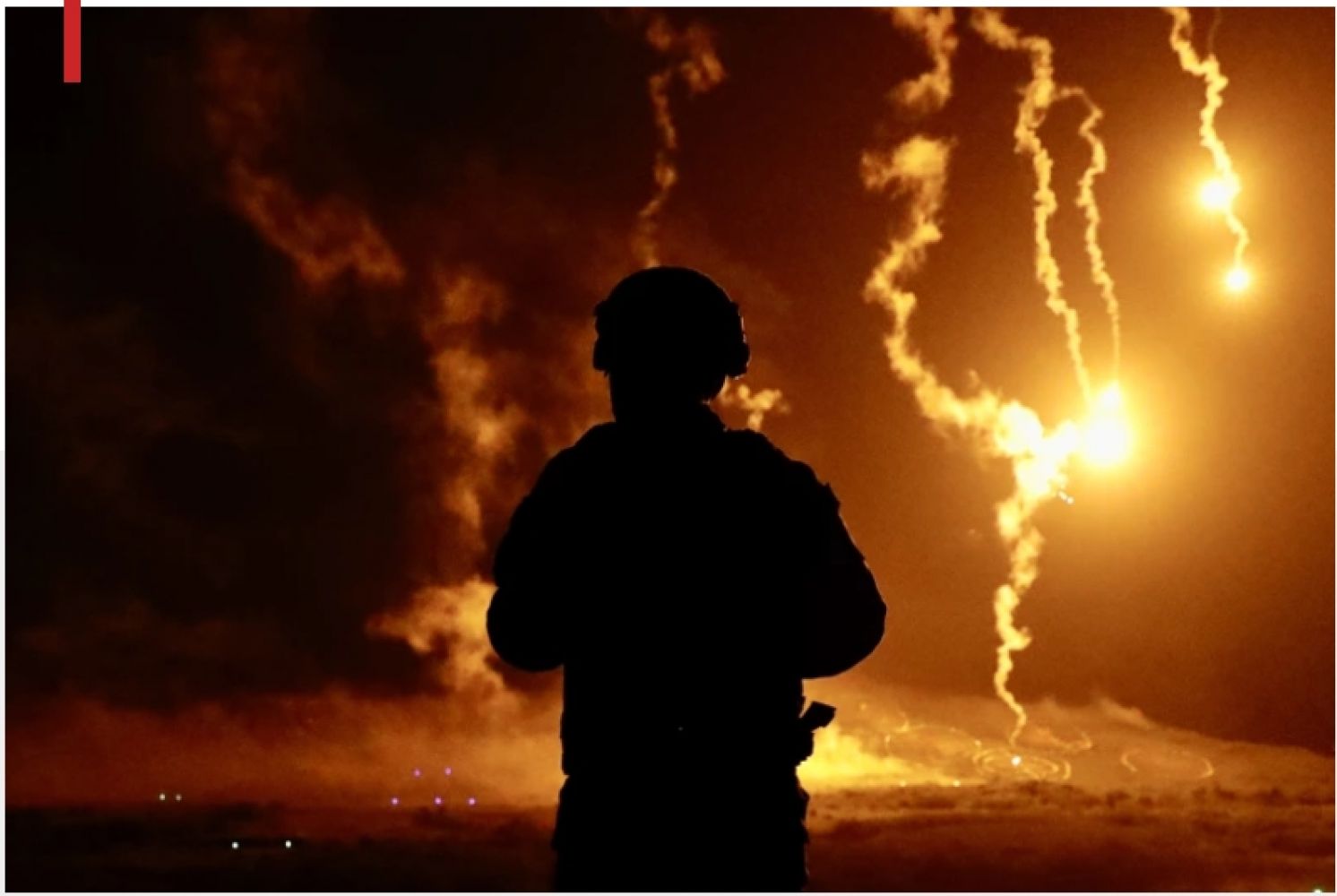
Poll:Public Wary of War, Can President Tsai Hear the People's Concerns?
By Huang Kuo-liang
United Daily News, September 20, 2022
An annual poll on cross-strait relations by United Daily News reveals a big shift in public opinion this year. As this year, for the first time, Speaker Nancy Pelosi of the United States House of Representatives made a visit to Taiwan, causing Communist China in conducting a four-day military drill surrounding the island. The public knows the situation is tense. Although most of them agree in restoring the conscription system, no one wants a war to happen, and believe that there must be a communication channel between the two sides of the strait. However, many believe that President Tsai Ing-wen may be doing the exact opposite.
More than 80% Surveyed Support Cross-Strait Communication
Due to the military exercises encircling the island, a number of new questions had been added to the poll. Two of the most notable ones that showed a high degree of public consensus are: Do the two sides need to maintain communication channels? A total of 82.7 percent answered "very necessary" and "fairly necessary," of which “very necessary” consisted of 44.4 percent. It can be seen how much the public wishes to seek peace across the two sides of the strait through communication. This also reflects the public’s high concern of an outbreak of war between the two sides of the strait. Another highly consistent, and also newly added question, is whether it is necessary to change the conscription period to at least one year, and whether to have the draftees serve more than one year in the military?
Some 43.2 percent answered "highly agree," while 29.6 percent answered "fairly agree", and the two together accounted for 72.8 percent. Those who expressed their disapproval were only 19.3 percent. Although this shows that the public is willing to fight to protect themselves, it also indicates the public's extreme anxiety about the two sides of the strait possibly going into war.
Seemingly Contradictory Poll Results Reflect People’s Struggles
However, when the respondents answered the other questions, which aren’t new, such as whether they think that a war may break out between the two sides of the Taiwan Strait, although numbers increased slightly, it was still relatively low, increasing from 4.1 to 4.4 on a scale of 1 to 10. This seems to contradict the above-mentioned two issues. They are aware that the two sides of the Taiwan Strait should communicate, and support the conscription period being changed, but they do not think that there will be an actual war.
Those who selected 1 out of a scale of 10, increased from 16.0 percent to 18.2 percent. However, those who selected 10, thinking it’s “very likely" that a war will break out, increased from 2.8 percent to 5.9 percent. Those who voted 6 and above also increased slightly, indicating that the atmosphere of a possibility of war is still affecting some, and their perceptions have changed.
Under the current circumstances, many indicators of cross-strait relations are moving towards a more negative direction. When asked whether they think the cross-strait government relations are friendly or hostile, the answer increased from an average score of 7.1 last year to 7.7. Whether they thought there is military tensions increased from 7.3 to 7.7. As for whether there is diplomatic competition, it went from 7.4 to 8.0. And for economic competition, it increased from 6.3 to 6.6.
Many See U.S. to Be Cause of Cross-Strait Tensions
Those that believe that the tensions have been caused by the involvement of foreign governments went from 4.8 percent to 10.2 percent. Those that believe that it was caused by the Taiwan independence individuals went down from 19.8 percent to 13.6 percent. In regards to Pelosi's visit to Taiwan, 34.8 percent of the public think that her visit to Taiwan was more beneficial than harmful, but 44.4 percent say that her visit was more harmful than beneficial. Since Beijing has since imposed economic sanctions on Taiwan after Pelosi's visit, the proportion of people worried about a possible increase of restrictions or the possible cancellation of the Economic Cooperation Framework Agreement (ECFA) is also as high as 51.1 percent, and only 42.2 percent are not worried. It can be seen from the public opinion that many are aware of the role of the U.S. in cross-strait relations.
The public has become more dissatisfied with President Tsai’s performance in handling cross-strait relations, and those who think they are satisfied have dropped from 40.1 percent to 32.7 percent.
Those who are not satisfied has risen from 48.3 percent to 52.5 percent. Apparently, the public is dissatisfied that President Tsai has not taken Taiwan’s safety into consideration while the United States is playing the "Taiwan card.”
Even More Believe that the U.S. Will Not Send Troops to Defend Taiwan
The public opinion also shows that they do not believe in the United States. On the issue of whether the United States will send troops to defend Taiwan in case of a military conflict, 42.4 percent think "yes," but 46.3 percent think "no." This shows that Taiwanese people have gradually realized that foreign countries may be the cause of a war in the Taiwan Strait, but they are likely to abandon Taiwan if a war were to breakout.
As a leader, President Tsai has the heavy responsibility of maintaining national security, but she very clearly puts cooperating with the United States, rather than doing her best to prevent the outbreak of a war across the two sides of the strait. And much of the public is becoming impatient and angry. The Tsai administration must present her plan for peace to the people, and not bring Taiwan onto a road of no return. Has President Tsai heard the public opinion?